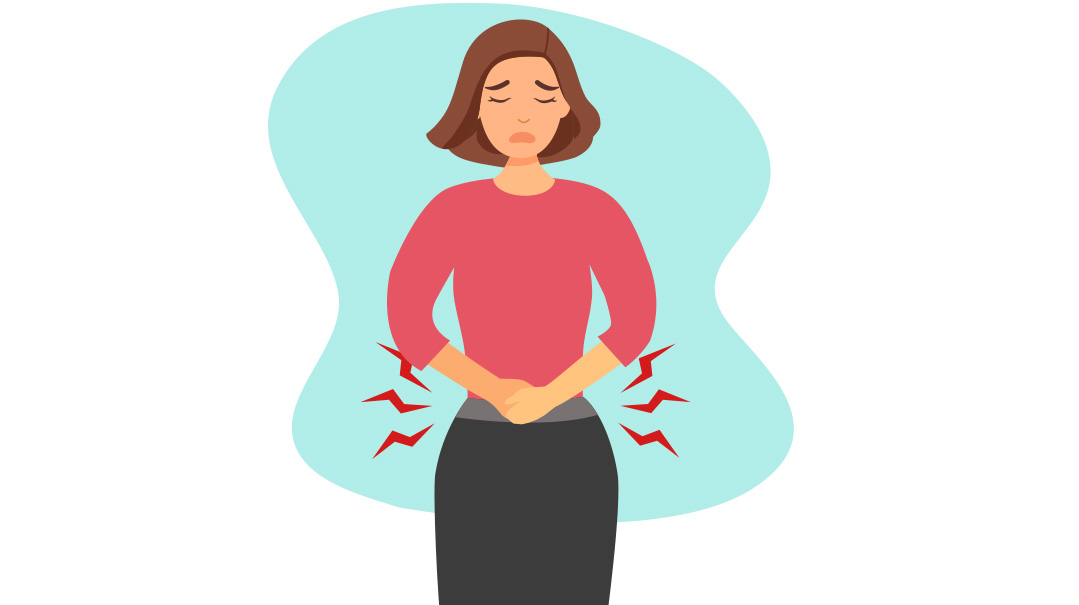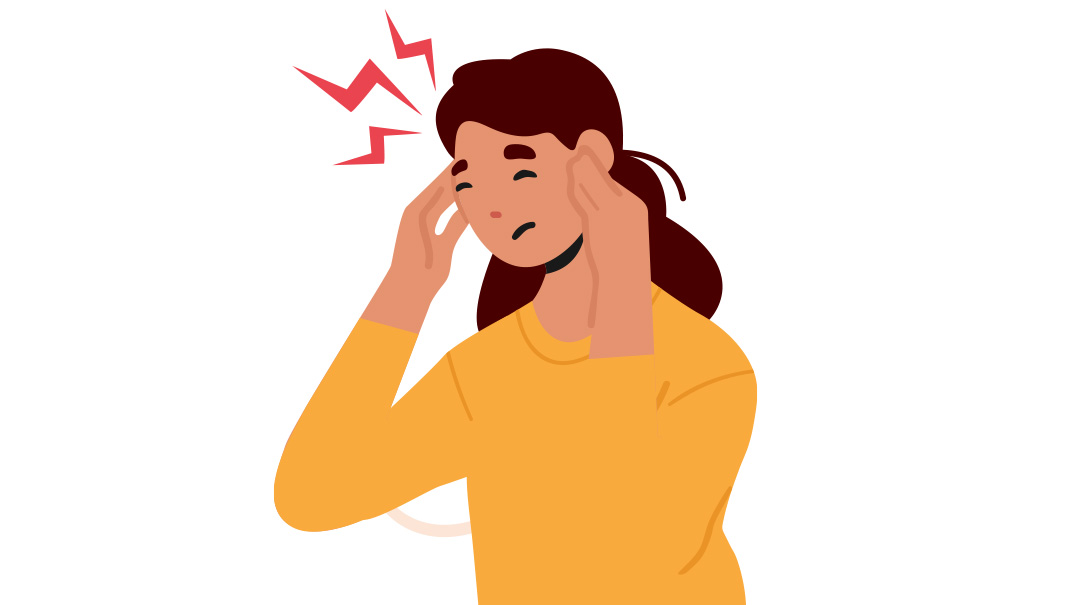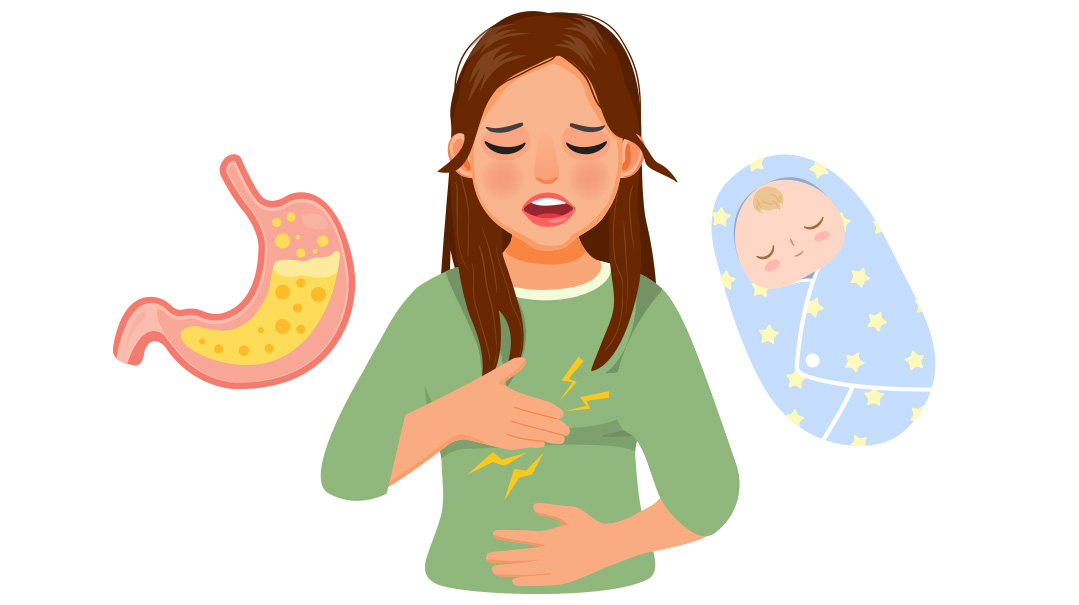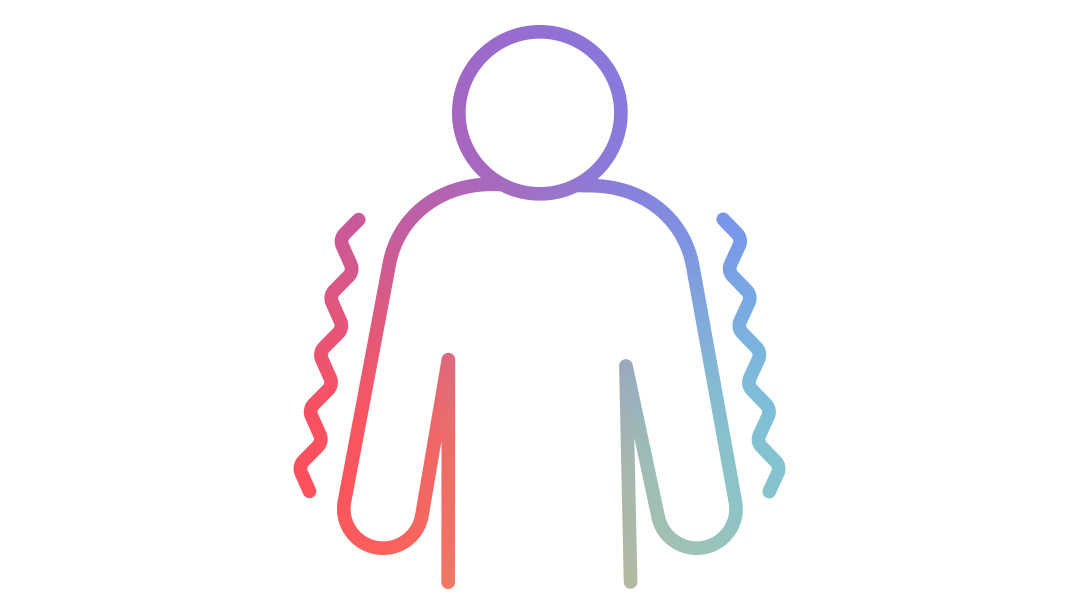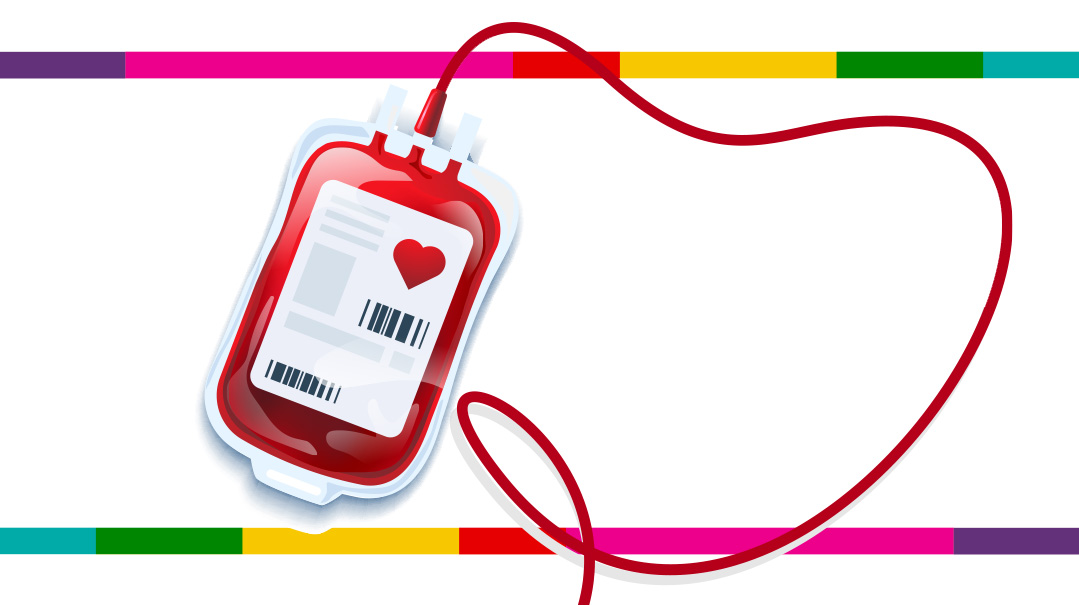Fever
| April 11, 2022Fever isn’t a sickness, like strep throat or an ear infection. A raised body temperature is only a symptom
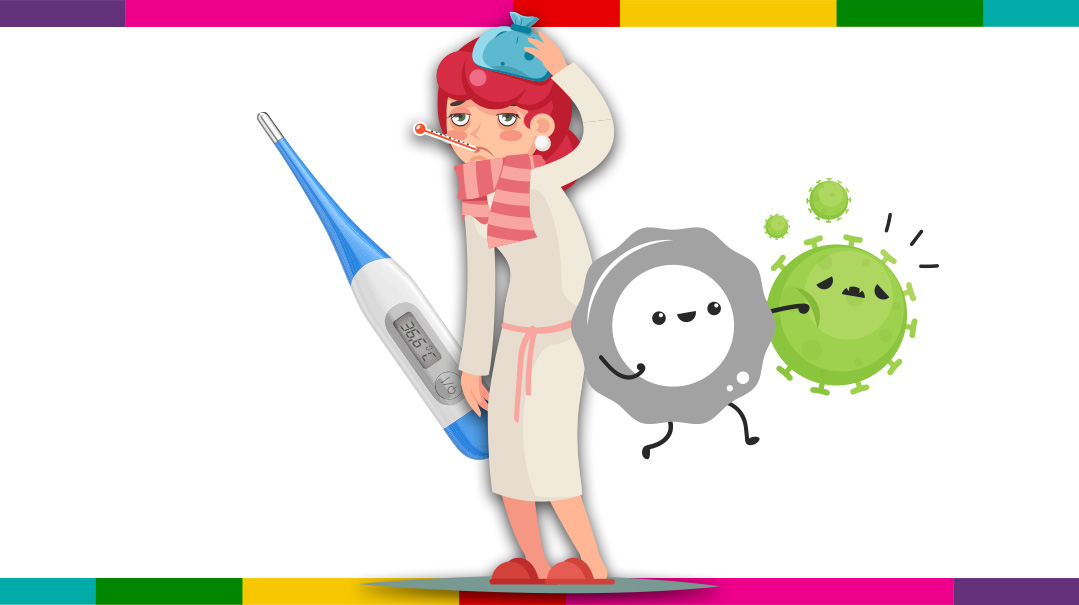
“Oh no!
It looks like you have fever!” You know the look: flushed cheeks and glassy eyes. You know the feeling: chills and shivering, feeling boiling hot one minute and freezing cold the next; feeling exhausted, tired, and just plain sick. Sometimes, fever is accompanied by pain: a sore throat, sore muscles, or other aches.
Some people get a little nervous when they (or their children) have fever. It can be scary, especially if the fever is high. But usually, fever isn’t something to be afraid of. Here’s why.
A symptom, not a disease!
Fever isn’t a sickness, like strep throat or an ear infection. A raised body temperature is only a symptom. When you have fever, it’s like your body is saying, “Hi, there, I’m fighting something!” And that’s the whole truth — fever is the body’s immune system working hard.
When you get sick, your immune system — the whole complex way your body works hard to protect you from disease — kicks into action. But you can have fever if you’re not sick, too, and that’s because fever is simply a sign that your immune system is hard at work. You might have experienced this for yourself if you had fever after your Covid vaccine. You weren’t sick — there’s no live coronavirus in the shot — but your body was reacting to the vaccine by developing antibodies against Covid. That’s your immune system working. Babies sometimes get fever after childhood vaccines for the same reason; their immune system is developing the ability to recognize and fight that particular virus or disease.
So what do I do when I have fever?
Lots of fluids and plenty of rest. If the fever is very high, continues for more than 48 hours, or is accompanied by concerning symptoms such as severe pain, call or visit your doctor. While fever is generally just a symptom of mild sickness like a bad cold, flu, or other virus, it can also indicate an infection that needs treatment. That might be as mild as strep throat, or as dangerous as meningitis. It’s always important to speak to your doctor when you’re worried.
Another tip, particularly for teens who babysit: Don’t pay more attention to the thermometer than to the child you’re babysitting. If the fever is high, but the kid is playing and more or less happy, don’t panic. On the other hand, if the child is apathetic, not playing, miserable, seems to be in a lot of pain or discomfort, crying a lot, or not responding normally, call an adult even if there’s no fever or just a very low fever. Kids can be really sick even if they don’t have a raging fever.
DID YOU KNOW?
»The British call fever “temperature.” As in, “I missed school today because I had temperature.” To be medically accurate, though, it would be more correct to say, “I missed school today because I had a high temperature.” Because we all have a temperature… high, low, or normal!
»Your body temperature is naturally highest in the late afternoon and evening. That’s one of the reasons that’s when you feel the worst when you’re sick.
»You might have your own range of “normal” temperature, which may be higher or lower than average.
»Normal temperature is considered 37°C (98.6°F). But there is a range under and above that which is still healthy and normal. Anything above 38°C (100.4°F) is considered fever.
»Your body temperature is naturally lowest in the morning when you first wake up, before you move, talk, and walk around. This is called your basal body temperature, or BBT.
(Originally featured in Teen Pages, Issue 907)
Oops! We could not locate your form.

